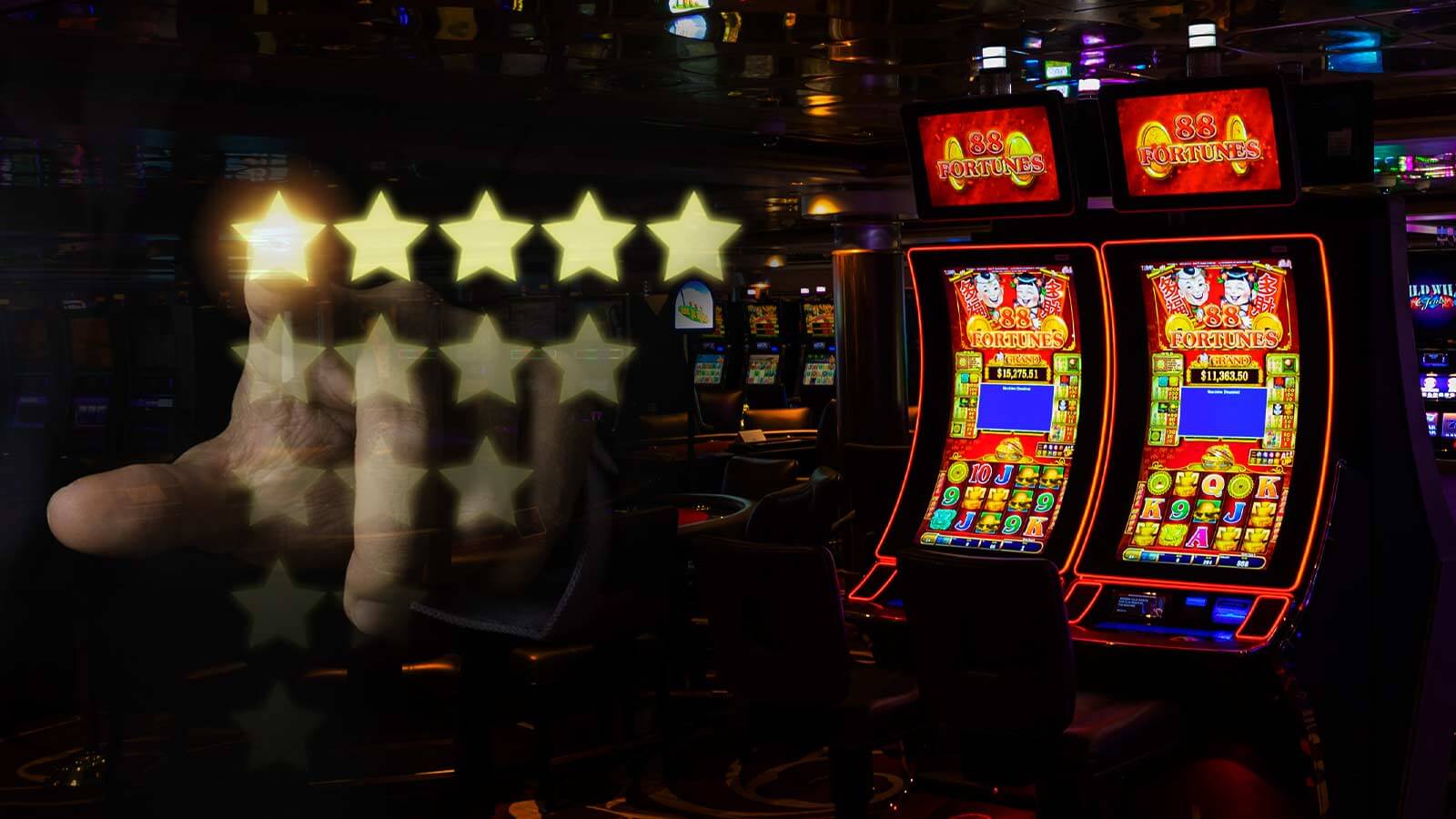
In the lively world of betting, casino activities have long seized the attention of gamblers around the globe. These activities, ranging from classic card options like Texas Hold’em to the whirling reels of slots, offer an intriguing combination of luck and skill. While fortune undeniably plays a significant role in determining outcomes, the significance of expertise in many casino activities cannot be overlooked. Comprehending how skill influences gameplay can elevate not only a participant’s engagement but also their chances of success.
As we dig into the inner workings of gambling options, it becomes apparent that some need a solid foundation of understanding and strategy. Activities like blackjack demand more than mere luck; they demand analytical thinking, psychological insight, and strategic decision-making. In contrast, other games, such as roulette and fruit machines, are primarily driven by randomness, allowing players to rely exclusively on random chance. This contrast raises fascinating questions about what genuinely drives victory in the realm of casinos and how a player’s abilities can tip the scales in their advantage.
Comprehending Expertise versus Luck within Casino Activities
Within the sphere of casino games, the debate between skill and luck is a enduring one. Numerous games are often categorized into two categories: those that depend predominantly on randomness, such as slot machines and the wheel, and those where skill plays a crucial role, like poker and 21. The distinction is important because it influences not only gameplay strategies but also the approach players adopt when participating with these games. While luck can play a decisive role in the short term, skilled players can improve their odds of winning over the long run in skill-based games.
Skill-based games, especially poker, necessitate players to understand odds, psychology, and game theory. A seasoned poker player can analyze rivals, make calculated bets, and understand when to fold, all of which can lead to more favorable outcomes. On the other hand, in games that are purely based on chance, no amount of skill can alter the odds. This means that while a player may win big in one session, their victory may frequently be at the mercy to the whims of chance results rather than any tactical expertise.
Ultimately, both skill and luck exist together in the world of casino games, forming a vibrant environment for players. While games of chance can provide excitement and instant gratification, mastery and strategy in skill-based games offer a deeper level of engagement for those willing to invest time in honing their craft. This interaction between skill and luck defines the journeys of players and shapes their connection with the games they select to play.
The Impact of Expertise on Casino Results
In the realm of gambling games, skill plays a significant role in determining the results, especially in games where strategy and decision-making are essential. For example, in poker, competitors must examine opponents, calculate probabilities, and make calculated bets to enhance their chances of succeeding. Unlike activities that depend purely on luck, such as slots or the roulette wheel, poker demands an understanding of both the game mechanics and the psychology of other players, making skill a vital component of success.
Additional strategy-based games, like the game of blackjack, also highlight the importance of player skill. Knowledge of basic strategy, card counting, and when to hit or stand can significantly influence the house edge. A proficient 21 player can reduce this edge and improve their chances of winning significantly. non GamStop casinos This contrasts sharply with games that do not permit for such tactical play, demonstrating how the level of expertise influences the possibility for favorable results.
Additionally, even within games considered primarily chance-driven, like the game of craps, the decisions made by gamblers can impact their overall success. Choosing the right bets, comprehending the likelihoods of different results, and managing one’s bankroll are essential aspects that can enhance a participant’s experience and results. Thus, while luck remains a factor in casino games, ability can significantly influence how efficiently players navigate these environments, leading to more favorable outcomes.
Approaches for Expert Play in Casinos
To thrive in gambling games, players must develop a strong comprehension of the regulations and odds involved in various games. This foundational knowledge enables individuals to make informed decisions, especially in skillful games like poker and blackjack. Becoming acquainted oneself with game strategies, such as card counting in blackjack or recognizing betting patterns in poker, can significantly enhance a player’s odds of winning. Practicing these tactics through mock games or low-risk games allows players to refine their skills without risking substantial amounts of cash at stake.
Another key strategy is budgeting. Players should set a spending limit before going into the gaming establishment and stick to it strictly. This involves deciding how much they are willing to lose and setting limits on how much they will bet in every gaming session. By keeping a controlled approach to gambling, players can sustain their play and reduce the chance of major losses. Additionally, taking breaks can help preserve a clear head and prevent impulsive decisions that often lead to unfavorable outcomes.
Finally, managing emotions is crucial in the intense environment of a gambling house. Players must learn to manage their emotions, particularly during periods of winning or defeats runs. Staying attentive and not letting emotions dictate gameplay can lead to more rational decisions. Methods such as taking deep breaths or walking away from the gaming table during intense moments can help keep calmness. By cultivating a balanced mindset, players can approach gambling games with confidence and skill, thereby improving their overall experience and results.
